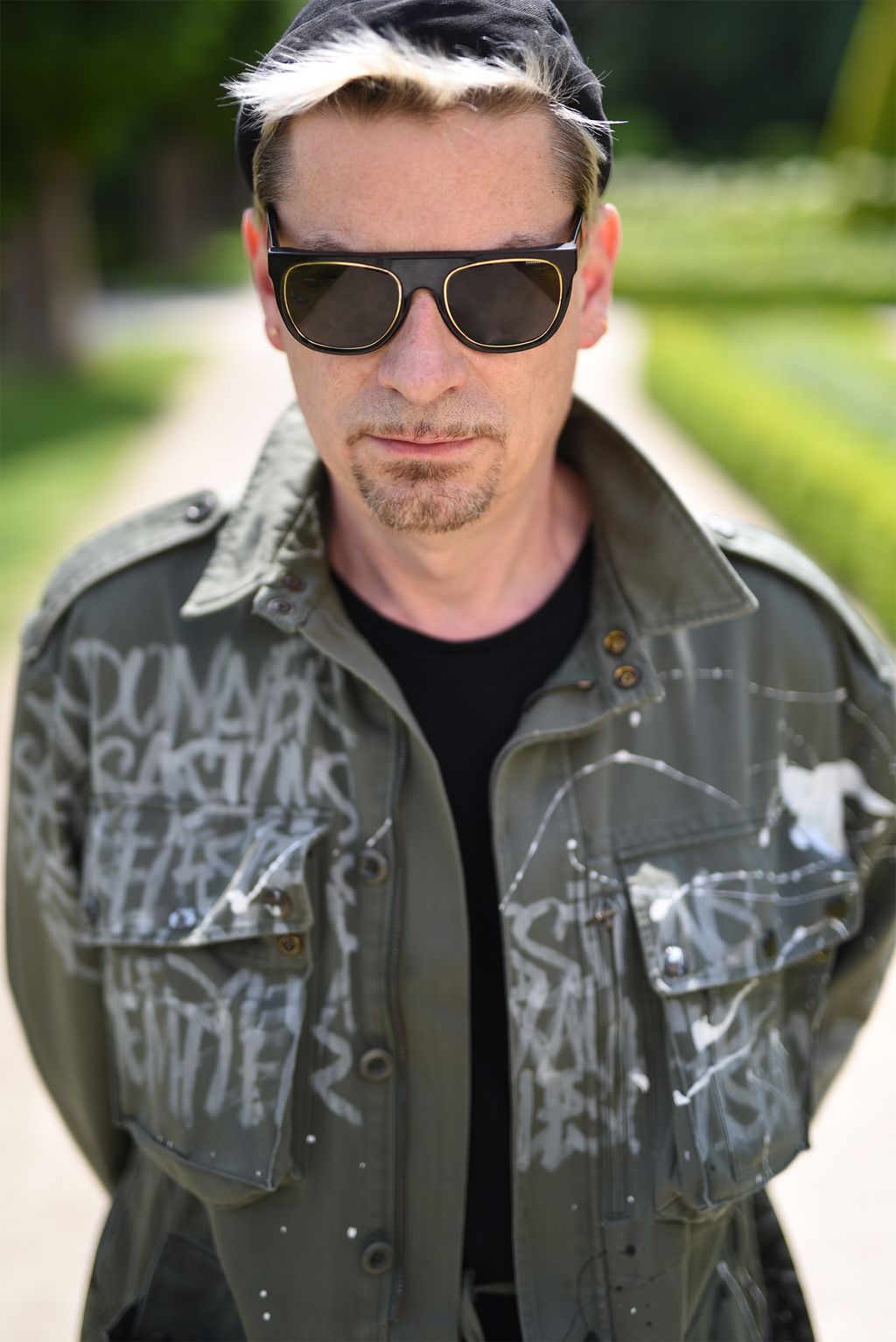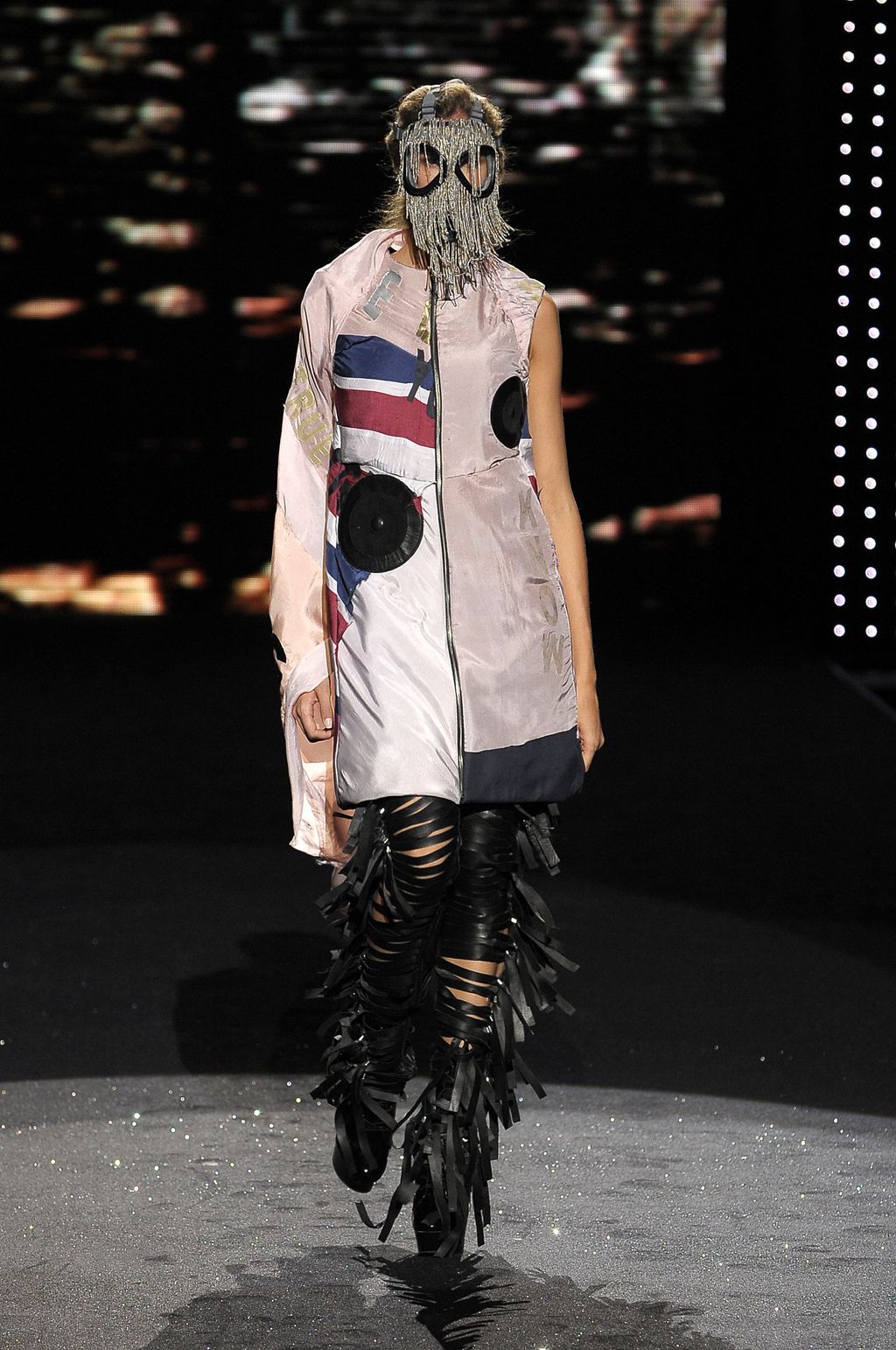
A discreet figure within the Belgian fashion scene, Tony Delcampe is nevertheless one of its most influential protagonists. He has headed the Fashion Department of La Cambre Mode[s] in Brussels since 1999 and under his tenure, the school has become prestigious and is highly respected by the industry.
We caught up with him to discuss what he loves about teaching, keeping La Cambre Mode[s] on a certain level and why everything he does is motivated by passion.
He may be demanding with his students, he’s genuine, hard-working and encouraging, too. The great thing about Tony Delcampe is that he doesn’t try to shape the students’ personalities according to his ego, which means unique and strong characters do graduate each year. From Ester Manas and Balthazar Delepierre to Anthony Vaccarello, Matthieu Blazy, Nicolas Di Felice or Marine Serre, La Cambre Mode[s] keeps fostering new and exciting talents, which often become successful designers on the international circuit.
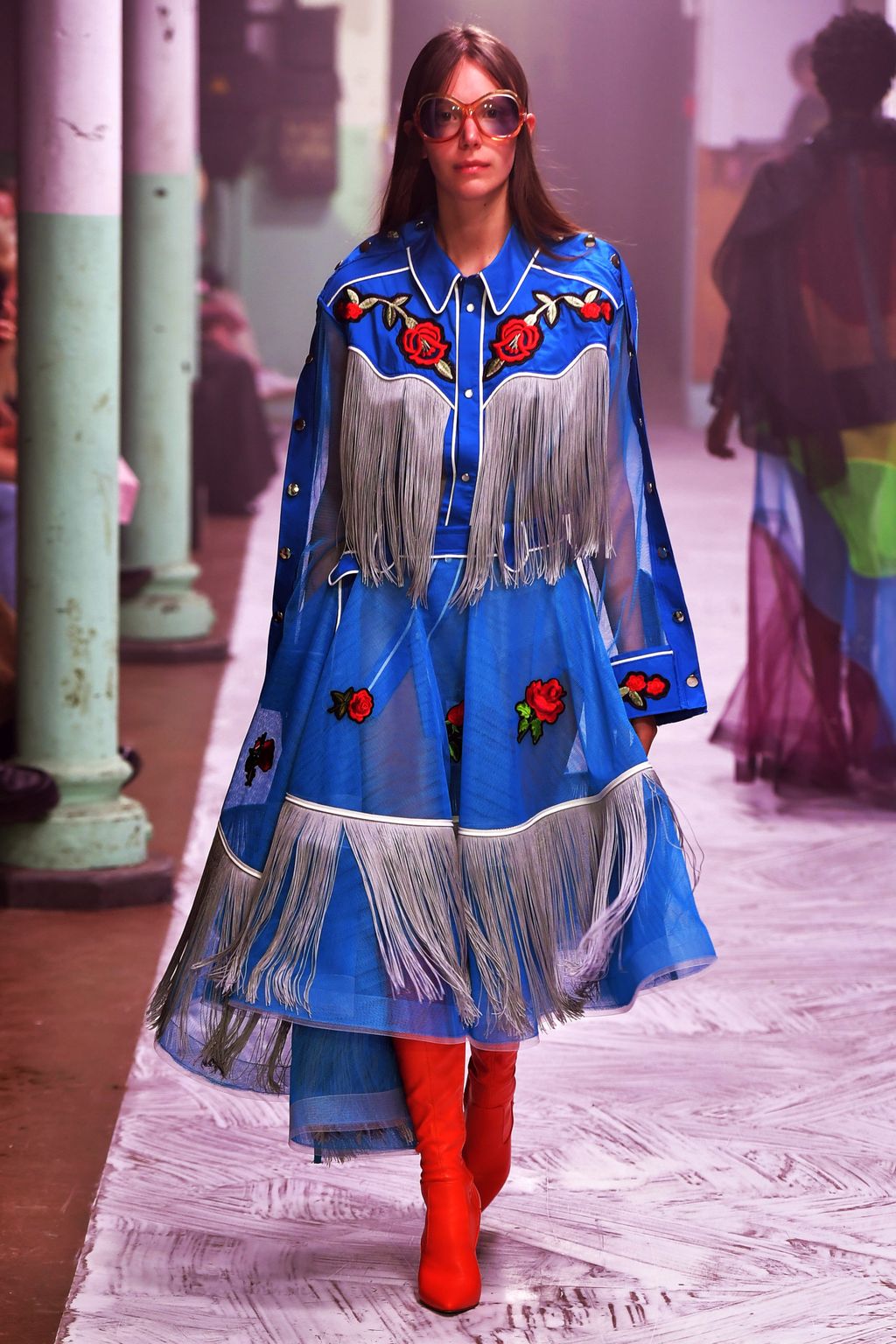
Why did you not go for a traditional show format this year?
We did things a little bit like last year, having a real show on one side, and meetings with the students on the other.
When was the last one?
Two years ago actually.
And how many students made it to the Final Year?
Only one, Florent Seligmann.
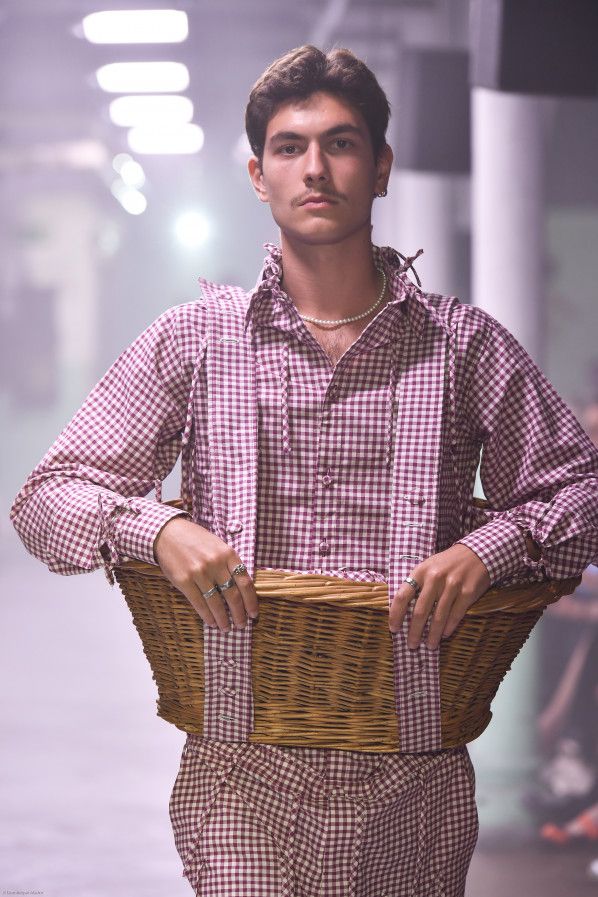
Would you say that the pandemic has affected the students in any way?
We were one of the rare schools that could continue to teach throughout the first lockdown, with the exception of 4 months in 2020 where pretty much everything stopped. That means we could still do classes with the students and stick to our usual schedule. We just split groups making sure there were never too many students in one single room, which mostly applied to the 1st and 2nd Years.
You’ve been heading La Cambre Mode[s] for 23 years now. Does it feel like such a long time for you?
I actually started working as an assistant there 25 years ago, but the time went by so fast. Over such a long period, I have obviously had to learn how to adapt to changes quickly, but I remember students from 20 years ago as clearly as the ones who graduated last year. I can even recall some of the soundtracks they had chosen for their looks.
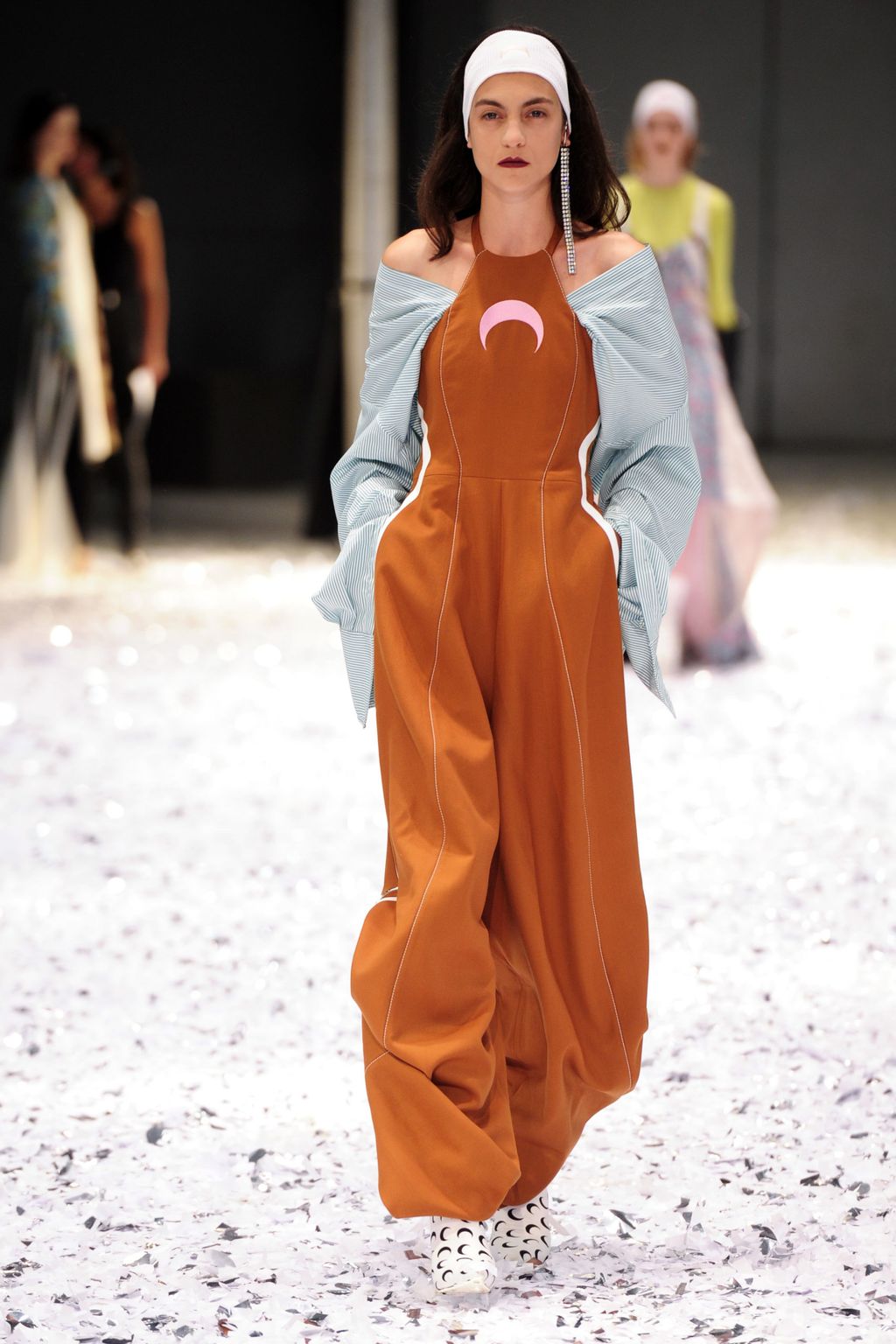
Incredible… What do you think has changed with the students compared to when you were one?
If I compare it to how we behaved at their age, students are generally less passionate about fashion now. There’s a lack of curiosity on their part, which can be frustrating. Some may think they invented everything, too, but their references are immediate ones. It’s a generation that lives in the moment.
Are you proud of the new Belgian wave gaining key positions in the industry? Many hot names that are talked about now graduated from La Cambre Mode[s].
I know for a fact that companies such as Kering search for their next designers amongst our graduates, and it does give me a sense of pride. It’s reassuring for our school, too, because it’s proof that we have been on the right track. We do our job out of passion -not for the money or status- and when we see such results, we realize we may have played a part. Would be nice if we had more budget though (he laughs).
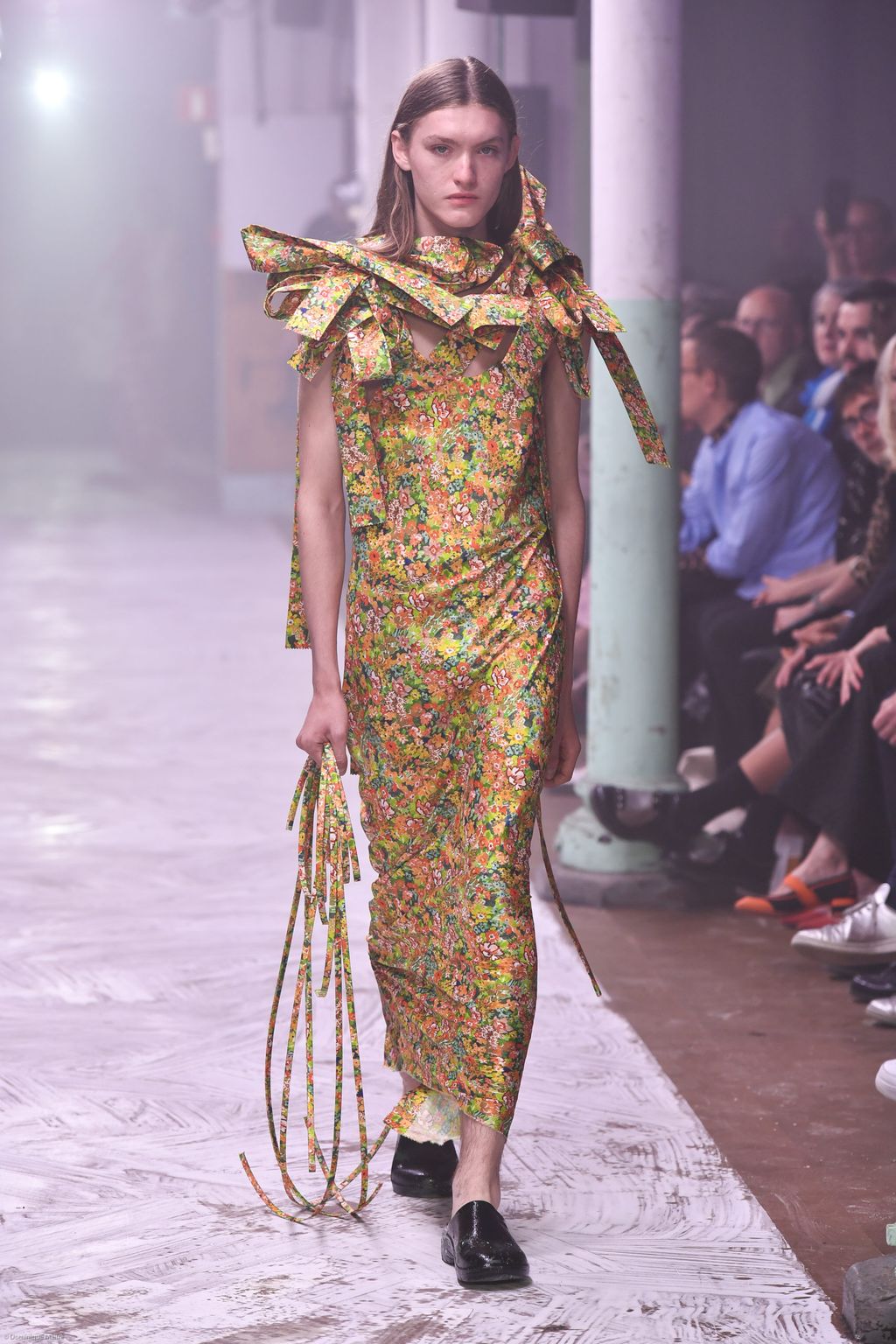
I have always had the impression that you never imposed aesthetics on your students or never tried to vampirize them in any way.
I’m surprised you’re telling me this, because I’ve often been told the opposite, especially when it comes down to our method. Our approach is very prescriptive within the 1st and 2nd Years, which we have regularly been reproached with.
Except many graduates I know told me they appreciated the way you understood their world and empowered them further.
That’s true in the 4th and Final Years, but they need to have acquired the knowledge and expertise first. We want our students to master this work, otherwise there is no point for them to get to the following year. Within the Master’s program, I can actually put myself in the students’ shoes and can understand their own creative world fairly quickly.
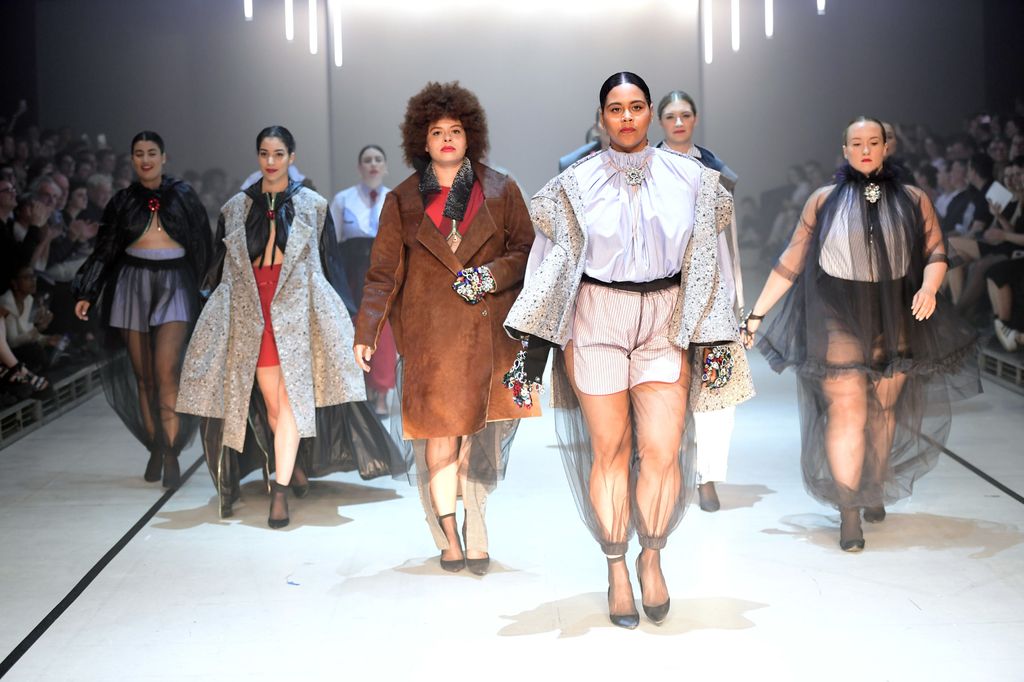
Sounds to me like a mental exercise, first and foremost.
Exactly, and our graduates who are successful today have the ability to think this way. They can juggle all of those different aspects while questioning everything.
When you incorporated the school, fashion tended to be more on the conceptual side. Looking at major brands -and the fashion landscape today- would you say that the language of fashion is an impoverished one?
Well, we try to compensate this with our teaching in a way. When I look at certain products that are made today, they seem to have no soul or be purely about marketing, such as collaborations for instance.
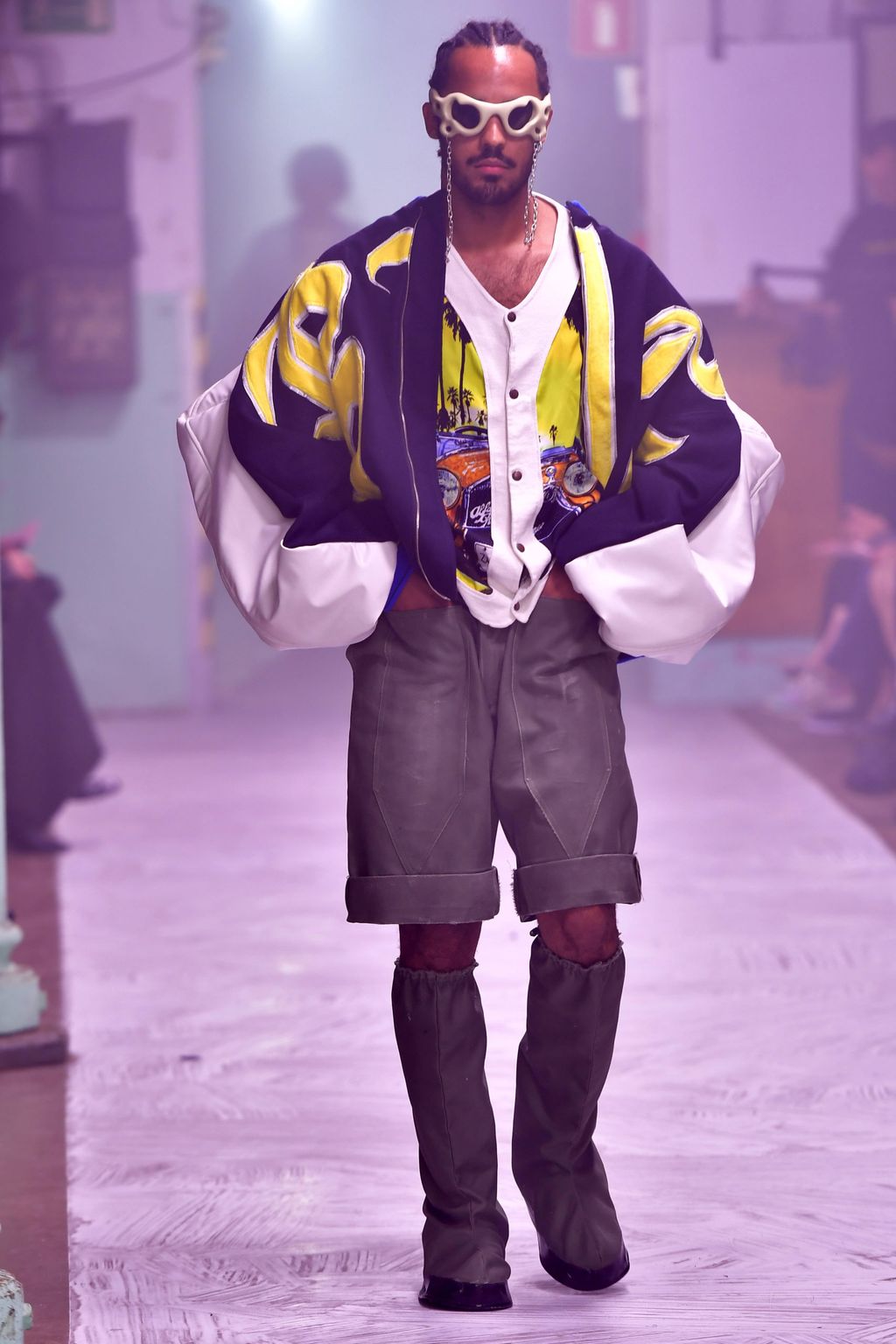
Fashion has become entertainment, instead of being an intelligent field of creative expression.
It’s a gigantic circus actually, and what angers me as well is how the companies that preach ethics and fairness are often the most exploitative towards their own employees. Fashion should be defending something or bringing some novelty to the world, otherwise what’s the point?
I think there are also a lot of ignorant people involved in fashion nowadays who have no idea about history, depth or criticism.
That’s true. And it makes it difficult for designers to position themselves as well, which is why we decided to show our graduate collections to a restricted audience this year. We will be criticized for this, but at the end of the day we need to stick to what we believe in.
